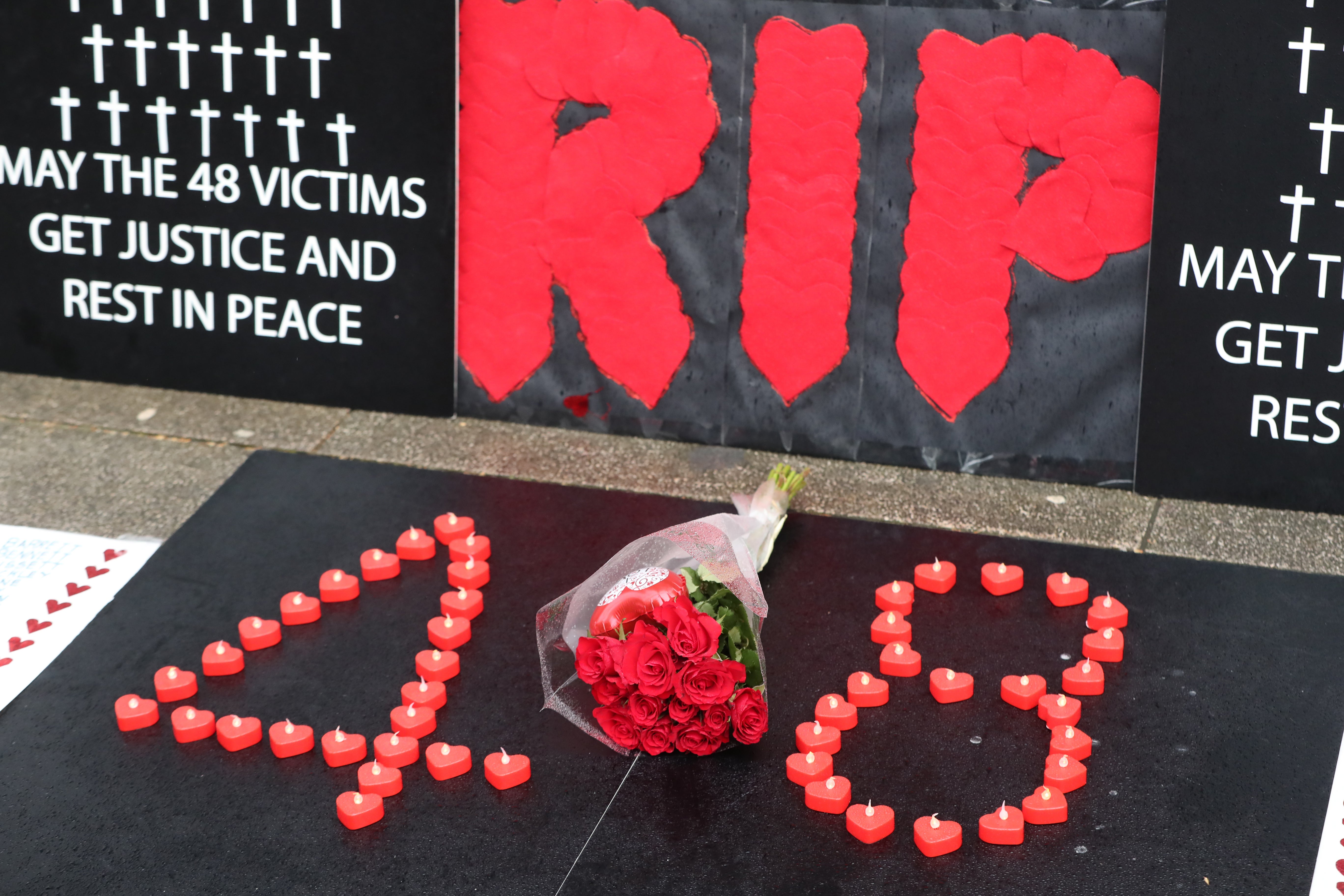Stardust inquest: Coroner rules that ‘unlawful killing’ verdict not excluded
Eamon Butterly, the former manager of the nightclub, had sought a ruling that would have seen such a verdict ruled out.

Your support helps us to tell the story
From reproductive rights to climate change to Big Tech, The Independent is on the ground when the story is developing. Whether it's investigating the financials of Elon Musk's pro-Trump PAC or producing our latest documentary, 'The A Word', which shines a light on the American women fighting for reproductive rights, we know how important it is to parse out the facts from the messaging.
At such a critical moment in US history, we need reporters on the ground. Your donation allows us to keep sending journalists to speak to both sides of the story.
The Independent is trusted by Americans across the entire political spectrum. And unlike many other quality news outlets, we choose not to lock Americans out of our reporting and analysis with paywalls. We believe quality journalism should be available to everyone, paid for by those who can afford it.
Your support makes all the difference.A verdict of “unlawful killing” will not be excluded in the inquest into the Stardust tragedy.
Forty-eight people died in the Stardust nightclub fire in Dublin on February 14 1981.
Eamon Butterly, the former manager of the nightclub, had sought a ruling that would have seen such a verdict ruled out ahead of the forthcoming inquest.
On Wednesday, Dr Myra Cullinane, the Dublin city coroner, rejected the application.
In a five-page ruling on Wednesday, she said: “To rule out any verdict prior to the hearing of any evidence would be manifestly to invert the prescribed process.
“It is not appropriate for a coroner to rule out any verdict, on the grounds that it is not possible to know definitively what evidence may be called or what findings may be made on foot of that evidence.”
Dr Cullinane, in her decision, said: “It is not within my power as a Coroner to investigate allegations of civil or criminal wrongdoing, although it is both my power and my duty to investigate acts or omissions which might – in other settings – be consistent with such allegations.”
She said that it was not the role of an inquest to censure or exonerate any person.
The coroner concluded: “All potential verdicts should be left available to the jury, in case evidence is called that might lead to such a verdict.
“I do not believe that it is either necessary or appropriate in these circumstances to take the further step of saying that no verdict of unlawful killing is available.
“Directions will be given to the jury at the opening of the inquests, at the closing before they retire to consider their verdict, and possibly at other points.”
The 41st anniversary of the fire was marked last week, as the families of the victims pledged to keep fighting for justice.